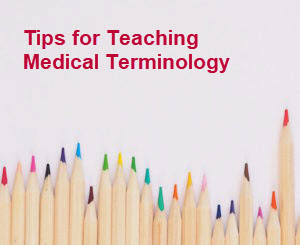
We received the following inquiry from a new faculty member.
I am new to teaching this course, and I’m trying to think of a way to present the material so that I’m not just reading a list of medical terms every week in class.
How does one teach medical terminology and make learning easy and exciting?
This is a great question and one that is common, especially for new faculty. I have some tips for teaching medical terminology to share with you that will hopefully make learning both easy and exciting. They are listed below and divided into two categories – entire class and small group activities.
Some tips are aligned with the textbooks, Exploring Medical Language and Basic Medical Language; however, most of the tips can be used with all medical terminology textbooks.
I hope one or more of these tips will appeal to you enough to try them in your own online or onsite classroom.
Activities for the Entire Class
Beginning the Class
Write a list of terms built from word parts from the assigned chapter on the board. As students enter the classroom, assign each student a term to analyze and define. Engage the entire class in reviewing each student’s work.
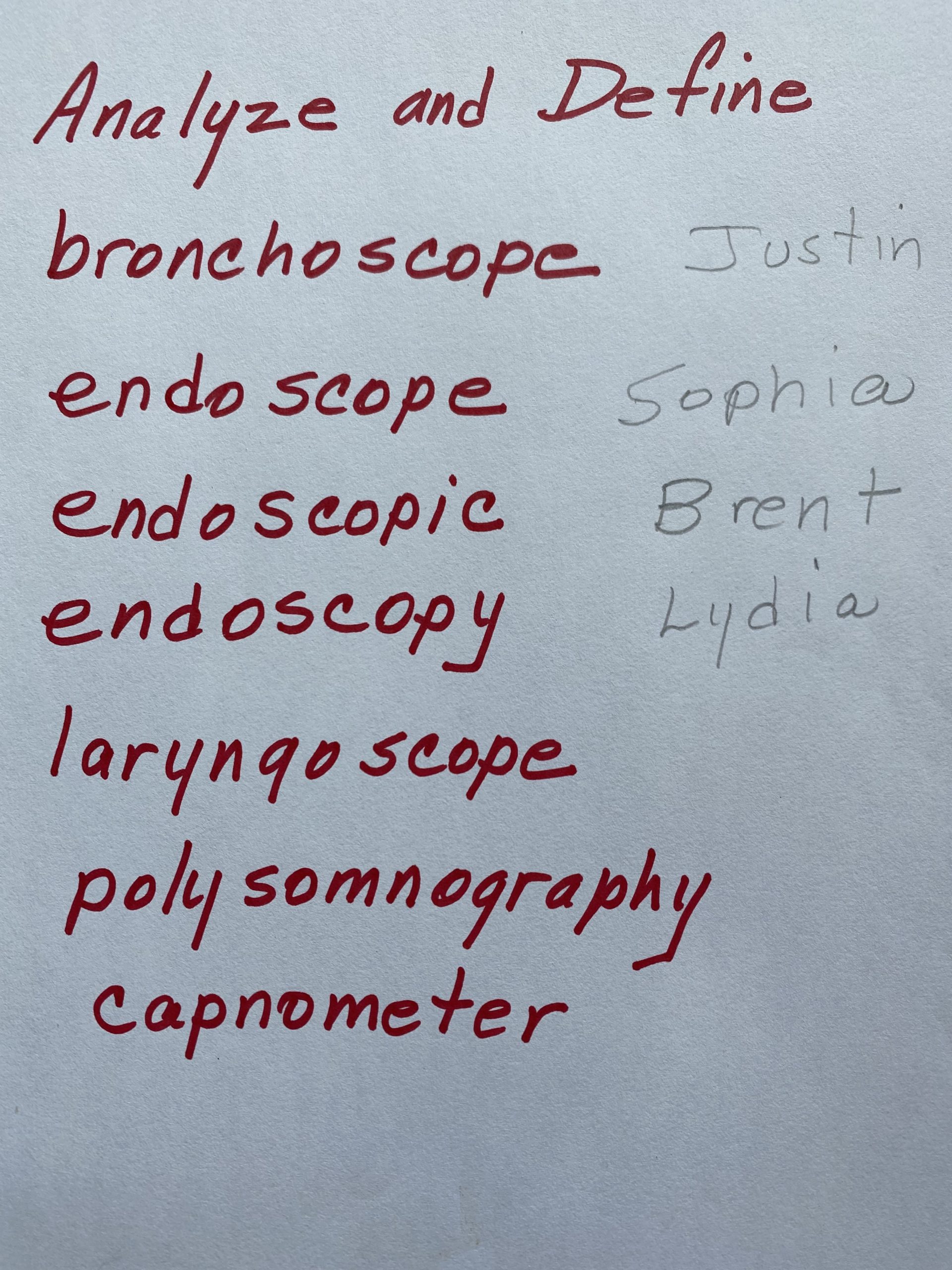
Benefit: This beginning of the class activity immediately engages students, asking them to demonstrate learning from the assigned chapter and providing a quick review.
It also gives you a chance to greet students as they enter the classroom and to take attendance while they are engaged in an activity.
Beginning the Chapter
Begin a new chapter by having the students take a pretest. Once completed, go over the answers in class.
Have the students keep their copies. Upon completing the chapter, use them to demonstrate to the students how much they have learned.
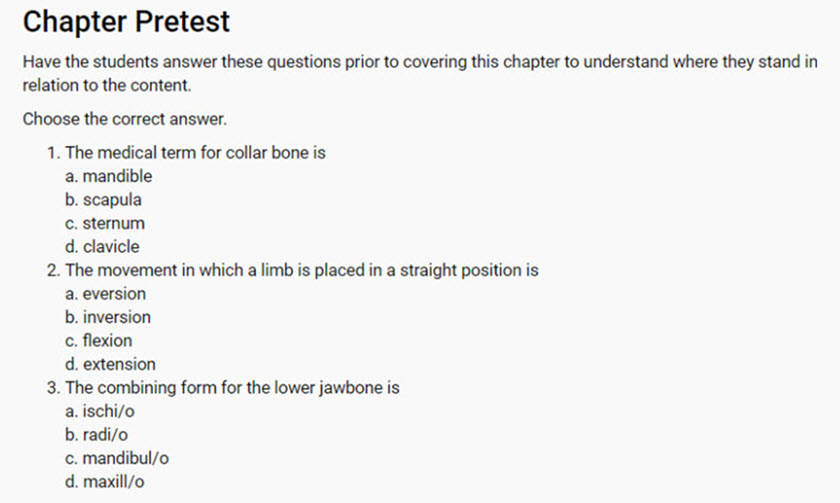
Benefit: This beginning of the chapter activity immediately engages students in the chapter, assists them in evaluating their knowledge of the content, and piques their interest.
Pronunciation
Pronounce each term in the word list or use the Student Resources Pronunciation on the Elsevier Evolve website* to hear the terms pronounced. Have the students, as a group, repeat them aloud.
Benefit: Having the students repeat the term aloud as a group allows the students to both speak and hear the terms in a safer environment than having a single student say the term aloud.
Student Presentations

If students have been assigned to conduct an interview with a healthcare professional or write case studies, schedule them to report their results to the class.
Benefit: Student presentations allow for using terms in context while sharing information about medicine and healthcare.
Pronounce Medical Terms in Use
Pronounce Medical Terms in Use is an Exploring Medical Language textbook exercise. Have the students read the paragraph from their textbook or a copy you projected on the screen. Ask the students to volunteer to read a sentence aloud until all content is heard.
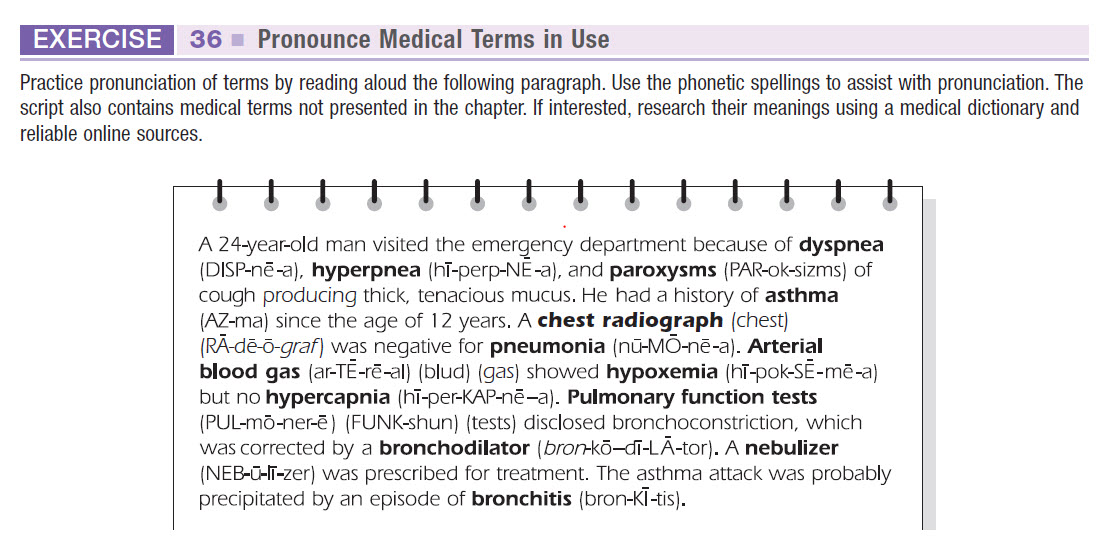
Benefit: The pronounce medical terms in use activity allows the students to pronounce and hear terms in the context of medical writings.
Ending the Class
Ask each student to voice their significant learning from the class time. Require everyone to speak. I call this a Lightning Round of Significant Learning and let students know at the beginning of class that they are responsible for quickly reporting their significant learning for the day to the whole class.
Benefit: This ending of the class activity cultivates an equitable classroom environment by giving all the students time to speak.
It also provides an opportunity to move information from short-term memory into long-term memory through the focus of attention required to select and remember significant learning and through the relational aspect of speaking with others.
Small Group Activities
Flashcards
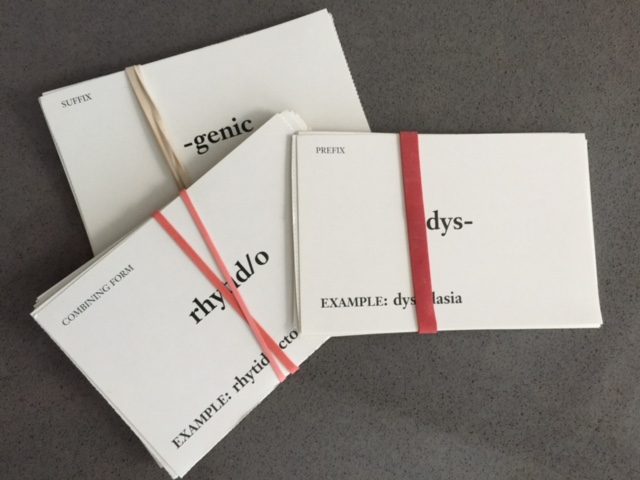
- Divide the students into small groups of three or four and give them 5-15 minutes.
- Direct the students to use their flashcards to review the word parts of the chapter they are studying by having one person hold the card and the others give the meaning. Smartphones, laptops, or tablets may also be used to access electronic flashcards available on the Student Resources on the Elsevier Evolve website*
- Extend the activity by having students group cards by the types of information they convey, such as anatomic structure, descriptive, pathology, surgery, and diagnostics.
Benefit: This simple flashcard activity can be quick and effective. If done at the beginning of class time, the students are reminded of the meaning of the word parts and energized by the activity.
Textbook Chapter Exercise

- Divide the students into small groups of three or four.
- Assign the groups a textbook chapter exercise to complete in a given amount of time.
- When time is up, ask the students to take turns reading the terms and the definitions aloud, and/or if analyzing exercises, have the student use the board to analyze the terms.
Benefit: The textbook chapter exercise gets students working together and learning from one another while becoming familiar with their textbooks.
They also get practice in saying and hearing the terms. Students may be reluctant to pronounce medical terms aloud, so asking the class to pronounce the term is a good idea.
Reading
- Divide the students into small groups of three or four.
- Assign a medical record from the textbook or Electronic Health Record from the Student Resources on the Elsevier Evolve website*. Project the medical record on a screen or have students use their textbooks or devices.
- Direct the students to practice reading the medical document within their group.
- Extend the activity by asking students to conduct informal internet research on a medical term used in the document using their phones, laptops, or tablets.
- Have the students take turns reading portions of the document to the class and share what they learned through research.
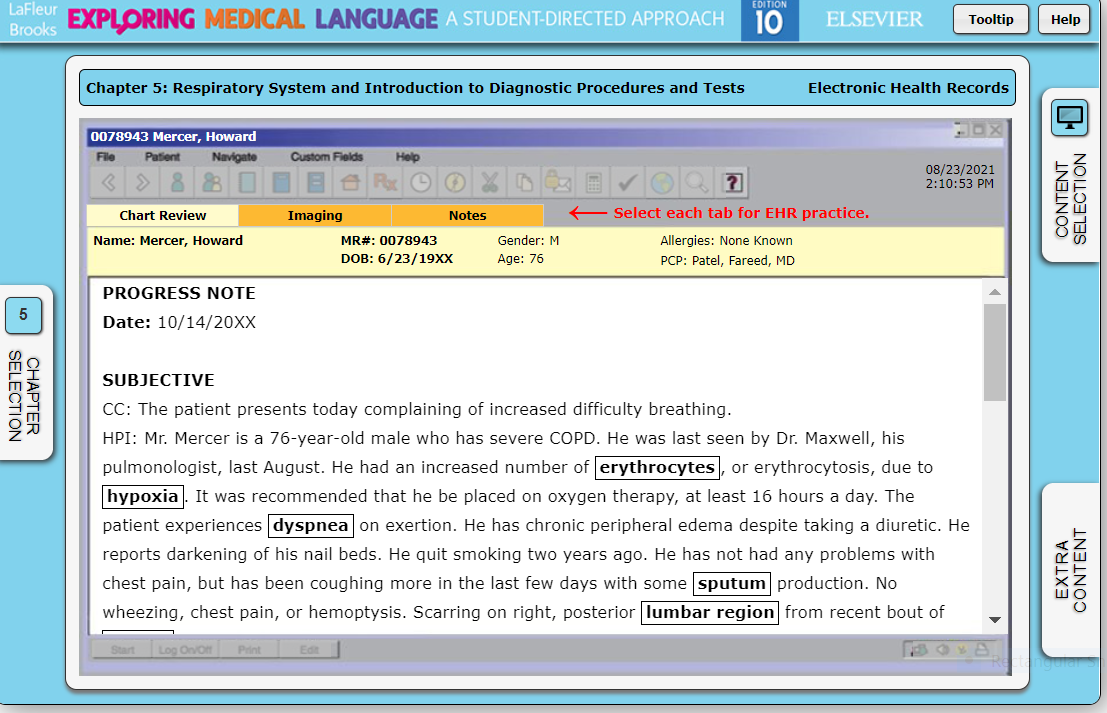
Benefit: This reading activity is such a meaningful exercise. It brings group attention to applying terms in the workplace and gives practice in saying terms and hearing them in use.
Writing
- Divide the students into teams – three to four students.
- Give each group five terms.
- Instruct them to write sentences using each term.
- Have the students take turns in reading their sentences aloud to the class.
Benefit: This writing activity allows the students to use the terms in sentence form.
Games
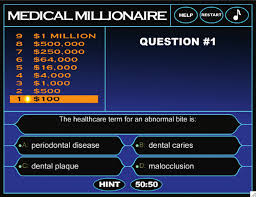
- Divide the students into teams – size does not matter.
- Use any electronic games that accompany your textbook or from another source.
- The team with the most correct answers is the winner.
Benefit: Games are great for learning and have a place in the classroom. Make them competitive if you choose.
Where To Find Games
Basic Medical Language – Medical Millionaire from Student Resources on the Elsevier Evolve website*.
Exploring Medical Language – Medical Millionaire from Student Resources on the Elsevier Evolve website,* and Tournament of Terminology available on Instructor Resources on the Elsevier Evolve website.**
Games on the medical terminology blog
A New Instructor Discovers Games for Teaching Medical Terminology
Warmly,
Danielle LaFleur Brooks, MEd, MA
Allied Health Instructor
Community College of Vermont
danielle.lafleurbrooks@ccv.edu
*STUDENT RESOURCES on the Elsevier Evolve website for Exploring Medical Language and Basic Medical Language, including games and exercises that match the textbook content. Free with the purchase of the textbook.
**INSTRUCTOR RESOURCES on the Elsevier Evolve Website for Exploring Medical Language and Basic Medical Language, including lesson plans, power points, handouts, and Tournament of Terminology game. Free with the purchase of the textbook.


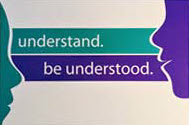

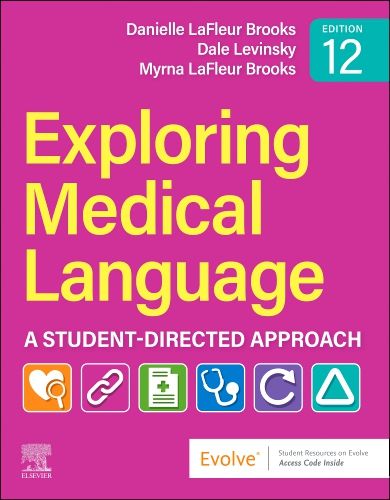
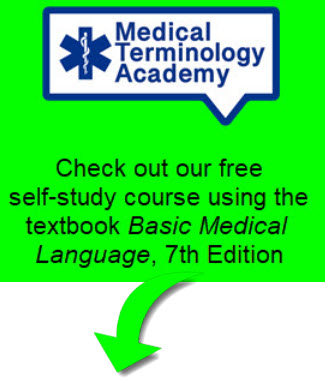
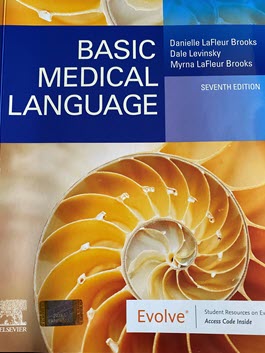
0 Responses
I am glad you find Faculty Tips useful. To answer your question about what is the major for teaching medical terminology the quick answer is ‘it varies’. Some instructors have a background in biology, many are health professionals such as nurses. Some have a linguistic background such as yourself. I do think you are on the right path and I suggest you check with a teaching institution near you to find out what they require for instructors to teach medical terminology. Good luck to you. It is such fun to teach, maybe because the language is so useful to the students.